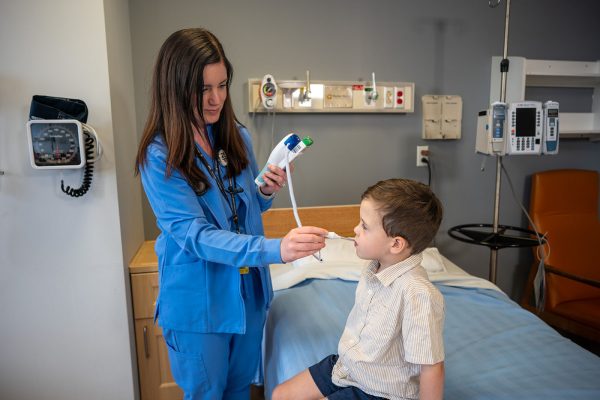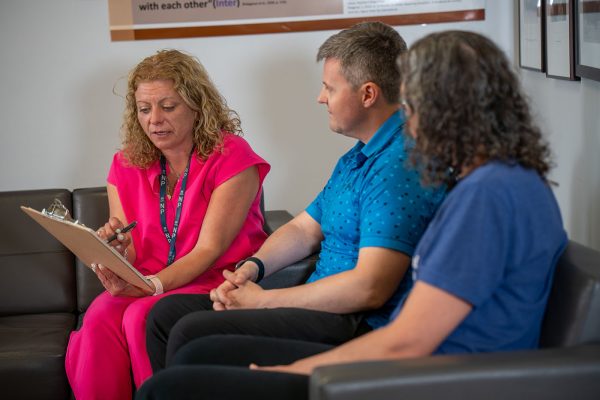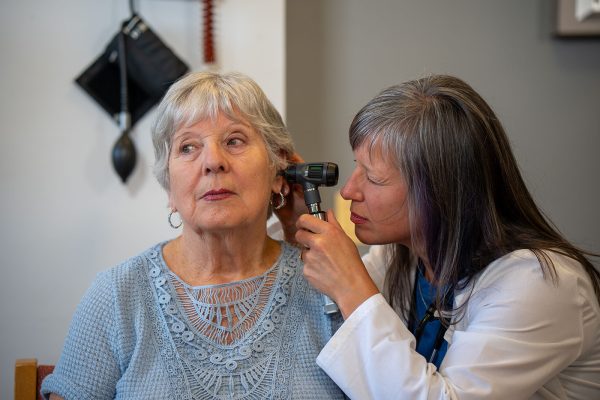NP for that
NPs occupy an important space
NPs serve patients in places where the healthcare system doesn’t reach—delivering a range of services that might not otherwise exist. NPs treat the whole person, considering specific health needs, cultural values, lifestyle, and well-being goals. This patient-centered care is crucial in a struggling healthcare system.
800
Primary care patients per every NP
20
Reduction in ER admissions from long-term care
45
Growth in licensed NPs from 2019 to 2024 in NL
55
Reduction in the use of multiple medications
The NP Experience
Caring for your needs
NPs have a broad and varied scope of practice. They provide services in primary care settings, hospitals, urgent care centres, specialty clinics, community health centres, retirement homes, long-term facilities, academic institutions, and research labs.
Primary healthcare
Routine and urgent care for patients of all ages in various settings.
Adult care
Day-to-day healthcare for adults suffering from acute, chronic, or critical care issues.
Pediatrics
Services for children (0–17 years) that have acute or complex health issues.
Emergency or acute care
Treatment for life-threatening or time-sensitive conditions.
Mental health and addiction
Early interventions, support, and referrals to specialists.
Long-term care
Ongoing care for older individuals in nursing homes or similar settings.
Community health
Health services for underserved, rural, or remote communities.
Education and research
Teach and lead healthcare research in clinics, labs, and academic settings.
NPs combine years of academic training with clinical experience to deliver high-quality, patient-centred care. It takes at least six years of education to become an NP.




